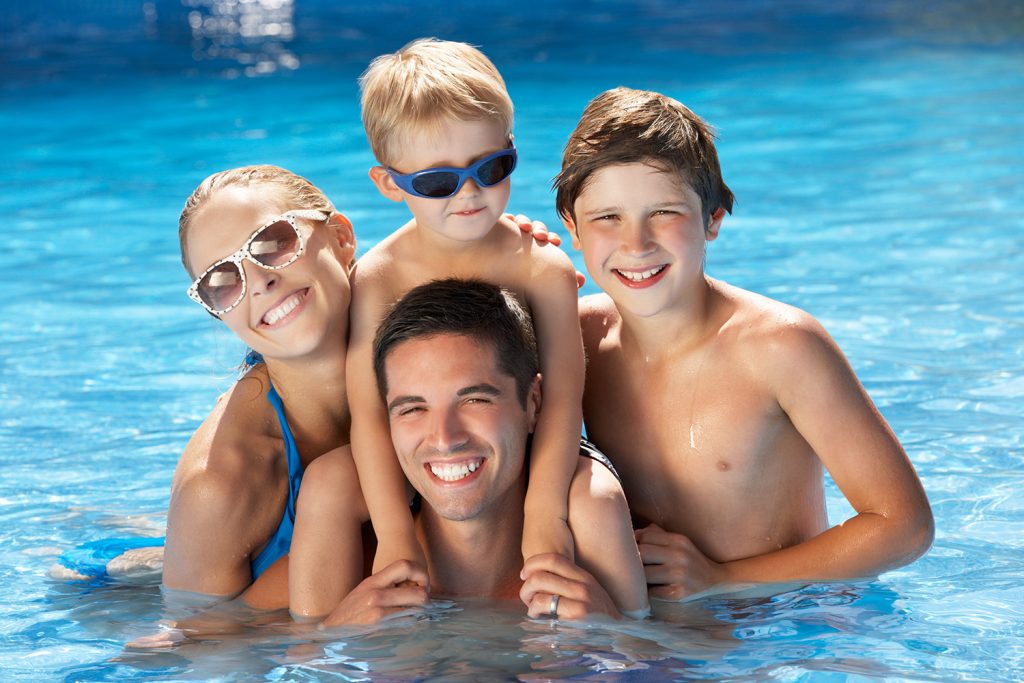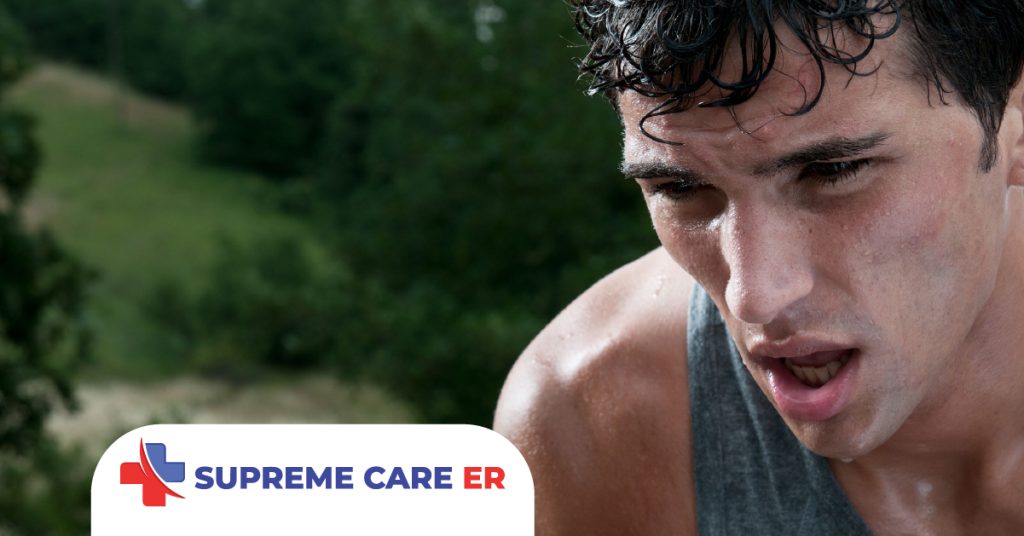Drowning Prevention Tips
Water Safety Month
Every May, for the past twenty years, we celebrate Water Safety Month. The observance aims to raise awareness of the importance of water safety to help prevent water-related illnesses, injuries, and drownings. Check out our Drowning Prevention Tips from Supreme Care ER.
With summer fast approaching, pool parties, fishing trips, and other water-related activities will surely be on your list. Of course, water activities are fun for the whole family, but we can’t ignore the dangers of drowning.
At Supreme Care ER the finest emergency room in Cypress Texas, we’re happy to provide you with the emergency care that you need in the event of a medical emergency.
Drowning Facts
Many of us have heard devasting stories of people lost to drowning. While we never think it can happen to us or someone we love, nobody is down-proof, not even experienced swimmers, and children have the highest risk.
Data from the CDC shows alarming drowning-related statistics:
- Drowning is the leading cause of death among children aged 1 -4
- Drowning is the second leading cause of unintentional injury death in children ages 5-14
- There are, on average, 11 drowning deaths every day in America. That is an estimated 4000 people a year
- Some 8000 Americans suffer a non-fatal drowning incident yearly. That’s an average of 22 non-fatal drownings a day
- For every child who dies from drowning, another 7 require emergency room care for non-fatal drowning accidents
- Nearly 40% of patients treated in the ER for drowning need hospitalization or transfer for further care
- Drowning accidents can lead to brain damage and long-term disability

Together We Can Prevent Drowning Accidents
Luckily most drowning accidents are preventable. Here are some drowning prevention tips to help reduce the danger to you and your family.
Learn to Swim
Enroll yourself and your children in swimming lessons this summer to help reduce your risk of drowning. But remember, children will still need supervision while playing in or near water, as accidents can happen even if they know how to swim.

Safeguard Your Pool
Build a fence around your pool to prevent small children from entering the water unsupervised. Also, remember to put away pool toys after using them to prevent children from trying to retrieve them.

Supervise, Supervise, Supervise
Downing is silent and happens quickly. A child can drown in as little as 20 – 60 seconds, even in shallow pools of water like a bathtub.
That’s why it’s vital always to have an adult supervising children playing in or around the water. Likewise, when bathing your kids, never leave them unattended in the bathtub.

Wear a Life Jacket
Wearing a well-fitted life jacked significantly reduces your chances of drowning while boating. Additionally, children should always wear a life jacket for all activities near natural water sources. Weaker swimmers and small children should also wear life jackets. Finally, don’t rely on air-filled or foam toys for protection; these are not safety devices.

Learn CPR
You can help save lives by performing CPR while the paramedics arrive. Visit the American Red Cross or American Heart Association websites to learn more about their CPR courses.

Know the Risks
Before you enter a lake, river, or ocean, learn the risks. For example, many popular vacationing spots are not suitable for swimming or boating areas because of strong currents, rocky shorelines, dense vegetation, or wild animals.
Additionally, check the weather conditions before you set out on the water. Remember, rapidly changing weather patterns can put you in harm’s way.
Never Swim or Boat Alone
Even if you are an experienced swimmer or boater, it’s best always to have someone with you in the water. Leg cramps, fatigue, dehydration, and accident can happen to anyone. Having a buddy there to help can save your life.
Avoid Alcohol
Avoid drinking alcohol before or during swimming, boating, surfing, paddle boarding, skiing, or any other aquatic activity. Alcohol affects your cognitive abilities, balance, and coordination, making you more prone to accidents.
Beware of the Effects of Medicines
If you take any medication, consider its effects before entering the water. For example, some medicines can make you drowsy, impair your balance and coordination, or even your judgment. Avoid going near water if you’ve taken medication and are unsure of its effects.

When to go to the Emergency Room
All drowning victims require emergency care as symptoms and complications can arise hours or even days after the incident. So if you or someone you know had a non-fatal drowning accident, please come to the ER immediately.
At Supreme Care ER, we want everyone to enjoy their favorite water activity, which is why we urge caution and prevention. However, when a medical emergency arises, rest assured that we will always be here to care for you and your family.
At Supreme Care ER in Houston, the finest emergency room in Cypress, Texas, we’re happy to provide you with the emergency care you need in the event of a medical emergency. We are conveniently located at 9530 Jones Road, Houston, Texas, 77065. We’re fast and remain open 24 hours year-round.

Where to go in Case of an Emergency?
At Supreme Care ER, our doors remain open to provide the very best ER care for you and your family. We’re located at 9530 Jones Road, Houston, Texas 77065.










